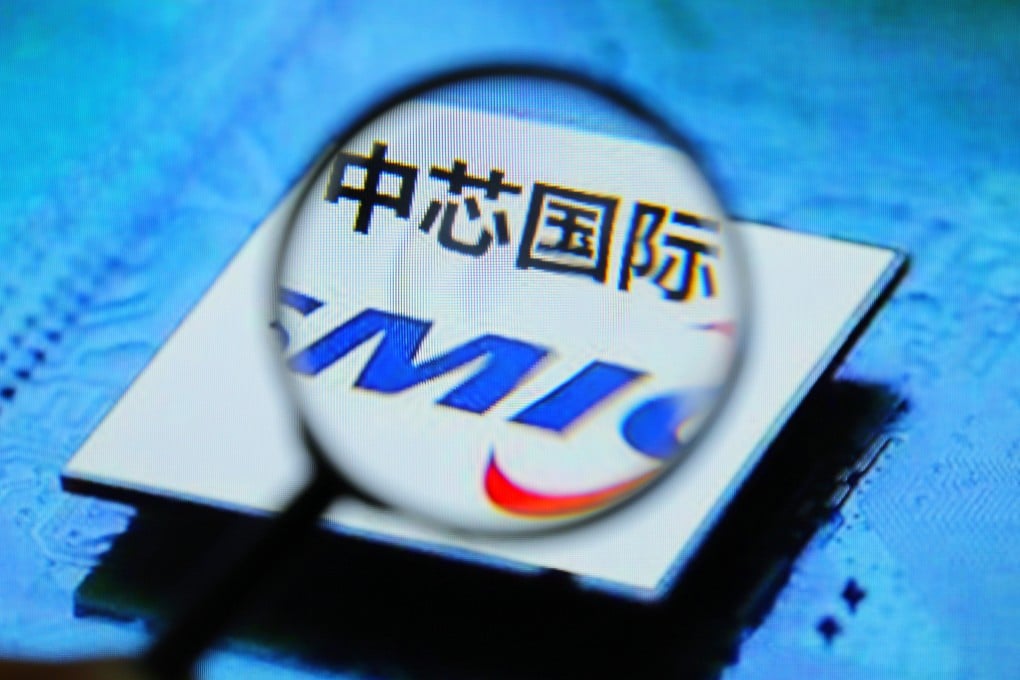Advertisement
Huawei, SMIC chip advances cannot be stopped by ‘futile’ US sanctions, says TSMC and semiconductor veteran
- Burn J. Lin, a well-regarded former vice-president at TSMC, said SMIC should be able to advance to making 5-nm chips with existing equipment
- The US should ‘ focus on maintaining its chip design leadership’, Lin said, instead of fighting China’s ‘whole nation strategy’
Reading Time:3 minutes
Why you can trust SCMP
32

The US won’t be able to stop Chinese firms from Semiconductor Manufacturing International Corp (SMIC) to Huawei Technologies from making progress in chip technology, according to one of the semiconductor industry’s leading figures.
SMIC and Huawei, which stunned Washington by unveiling a made-in-China phone processor, can use existing older machines to make even more sophisticated silicon, said Burn J. Lin, a former Taiwan Semiconductor Manufacturing Co (TSMC) vice-president. SMIC should be able to advance to the next generation at 5 nanometres with machines from ASML Holding NV that it already operates, said Lin, who at TSMC championed the lithography technology that transformed chipmaking.
Huawei electrified the chip industry when it unveiled a 7-nm processor made by SMIC in the Mate 60 Pro, triggering celebration in China and accusations in the US that a campaign to contain the country’s tech ascent had failed. And Yangtze Memory Technologies Co is now also producing some of the most advanced memory chips in the industry. In October, the Biden administration tightened existing curbs to close loopholes through which the country may be accessing advanced American gear, marking a new phase in a struggle to influence technologies crucial to the economic and political balance.
But that may not stop China’s technological ascent, said Lin, who’s highly regarded in the industry for being the first person to propose immersion lithography, the technology that ASML’s core products rely on.
SMIC used ASML’s immersion lithography machines to make the 7-nm chip for Huawei. Beyond trying to reach the 5-nm milestone, it’s likely China will experiment with new materials or advanced chip packaging to make more powerful semiconductors, Lin said.
“It is just not possible for the US to completely prevent China from improving its chip technology,” Lin said in an interview this week at National Tsing Hua University in Hsinchu, where he serves as dean of the semiconductor research college. That echoed comments from Arm Holdings Plc boss Rene Haas this month.
Advertisement